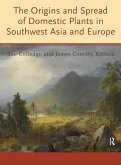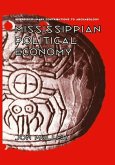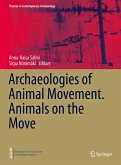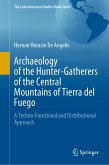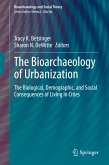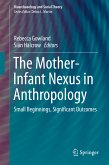This book is the first to specifically trace the movement of Mississippian maize farmers throughout the US Midwest and Southeast. By providing a backdrop of shifting climatic conditions during the period, this volume also investigates the relationship between farmers and their environments. Detailed regional overviews of key locations in the Mississippi Valley, the Ohio Valley, and the peripheries of the Mississippian culture area reveal patterns and variation in the expression of Mississippian culture and interactions between migrants and local communities. Methodologically, the case studies highlight the strengths of integrating a variety of data sets to identify migration.
The volume provides a broader case study of the links between climate change, migration, and the spread of agriculture that is relevant to archaeologists and anthropologists studying early agricultural societies throughout the world. Key patterns of adaptation to and mitigation of the effects of droughts, for example, provide a framework for understanding the options available to societies in the face of climate change afforded by the time-depth of an archaeological perspective.
Dieser Download kann aus rechtlichen Gründen nur mit Rechnungsadresse in A, B, BG, CY, CZ, D, DK, EW, E, FIN, F, GR, HR, H, IRL, I, LT, L, LR, M, NL, PL, P, R, S, SLO, SK ausgeliefert werden.



